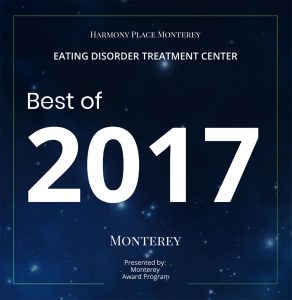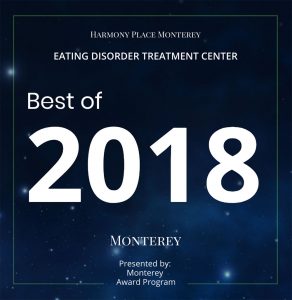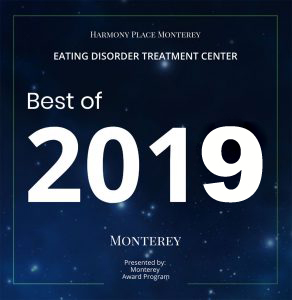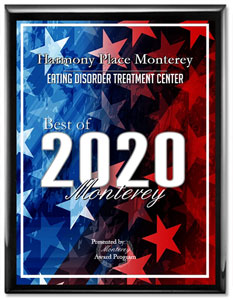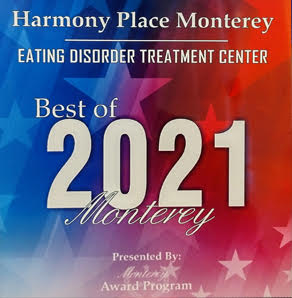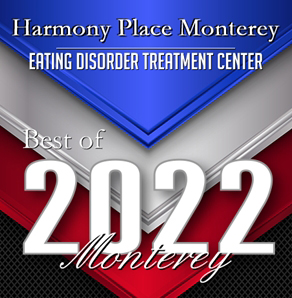Attachment Difficulties at the Center of Chemical Dependency
by Dr. Mark Schwartz and Suzanne Dion
Whenever an individual experiences a disruption early on in their attachment system — that early-on sense of connection, emotional and physical safety, and a confidence that our needs will be met when we need them to be met — from early deprivations experienced with our parenting-caregivers, it sets us up for insufferable emotional losses that result in longer-term difficulties. For starters, a “disorganized attachment” style — one that most oftenwreaks havoc in our adult love relationships — and an inability to self-soothe our own affective turbulences are what predisposes us to needing to medicate — to using one form of soothing substance or another. This predisposition takes us to why some of us become addicted to something, and others simply do not.
As Addiction Expert and Best-selling Author Gabor Maté says,
“It’s not why the addiction, but ‘why the pain’?” “Addiction is not a disease,” he goes on to say, “It’s a pain response.”
We better backtrack for a moment: what kind of pain are talking about? Physical pain? That’s easy to understand — we break our leg or burn our hands, wake up with a headache or hurt our backs. All very “ouch,” with the reasons to “take something” to squelch the pain being socially and medically endorsed. Physical pain is disruptive all the way to unbearable and rightfully deserving of relief. But, what about another kind of pain — the kind of pain we can’t see or treat physically? We all know someone who’s gotten hooked on heroin or alcohol whose legs aren’t broken and their heads aren’t hurting? What kind of pain are they trying to soothe themselves from?
Humans are born with a built-in capacity and survival-based need — a natural and critical instinct — to bond, to attach, to be cared for and to connect. In turn, we come to care for and nurture others as well as come to care for and nurture ourselves. But if that natural and critical instinct goes awry the first few years of our lives, for the countless reasons this can happen — parenting-caregivers are unavailable, detached, unfit, imbalanced, neglectful or abusive, we suffer greatly. The coherent development of our self-system wanes and the capacity of our nervous system to stabilize diminishes. What we’re left with often adapts as follows: cognitive-emotional distortion and defendedness, relentless psychological noise, emotional overwhelm we can’t sustain, and a deep toxic loneliness we just can’t locate.
How do we cope with the challenges, stresses, and great hopes for our lives when we’ve left childhood feeling anything like this?
Conquering Addiction: Healing Attachment – Healing the Need to Self-medicate
At some point in our lives, it’s time to come to our own rescue. Realizing we’ve gotten ourselves hooked on something — like alcohol, barbiturates, speed, or narcotics — in order to cope better with ourselves, our emotional interiority, and the navigation of our lives, is the time to take a closer look. It’s common practice to believe “the substance” and “the habit” are the problem, and if we just get rid of the substance and rework the habit, we’ll be just fine. But that’s not how it works. The substance is not the problem, it’s only the symptom. The symptom is not the problem, it’s actually the solution. The solution is a problem, but it’s got a purpose. And what’s its purpose? Medicating pain. Cognitive, emotional, psychological pain — from the pain of not feeling worthy to the anxiety of never being enough, from the rage of feeling overpowered to the despair of feeling helpless, from the suffering of loneliness to the terror of failure. Ohh, “that” kind of pain.
Abstinence from our preferred substance is yes, a place to begin. But the deepest possible exploration of our self-system and its reparation is really where we need to go. Taking away the solution before we’ve identified the real problem — the pain being thwarted beneath — is detrimental and impossibly unsustaining. We know the statistics: Abstinence-focused treatment fails miserably, time and time again.
But, there’s hope and expertise! A great deal can be done to repair those early attachment wounds and the developmental setbacks endured, and it’s thanks to treatment that is focused on what is called, “Earned Secure Attachment.” At Harmony Place Monterey, we specialize in facilitating secure attachment reparenting and development and have lectured on this topic to thousands of professionals worldwide.
Depth work of this of this critical nature needs to include:
- Developing a cohesive narrative
- Identifying developmental contributing factors and blocks
- Attunement with facilitative practitioner or therapist
- Therapeutic community
- Schema therapy/Internal Family Systems Therapy
- Trauma resolution
- Family-of-origin reconstruction
- Internal integration and self-development
- Metacognition work
- Idealized-parent work
- Codependency work
- Identifying fears of intimacy
- Recognizing enmeshment and anxiety-generated bonding
- Recognizing core relational conflict and repetition
- Recognizing avoidant strategies and exposure to close-in connections
- Affect expression and tolerance
Confidential Consultation
Contact us for a confidential consultation. We welcome your questions and inquiries. Let us assist you in taking whatever necessary next steps are available to you as well as to your partner, family member, or loved one.
